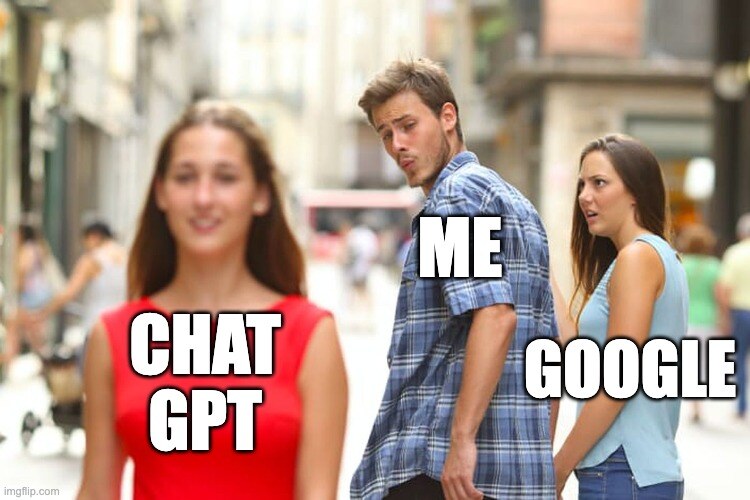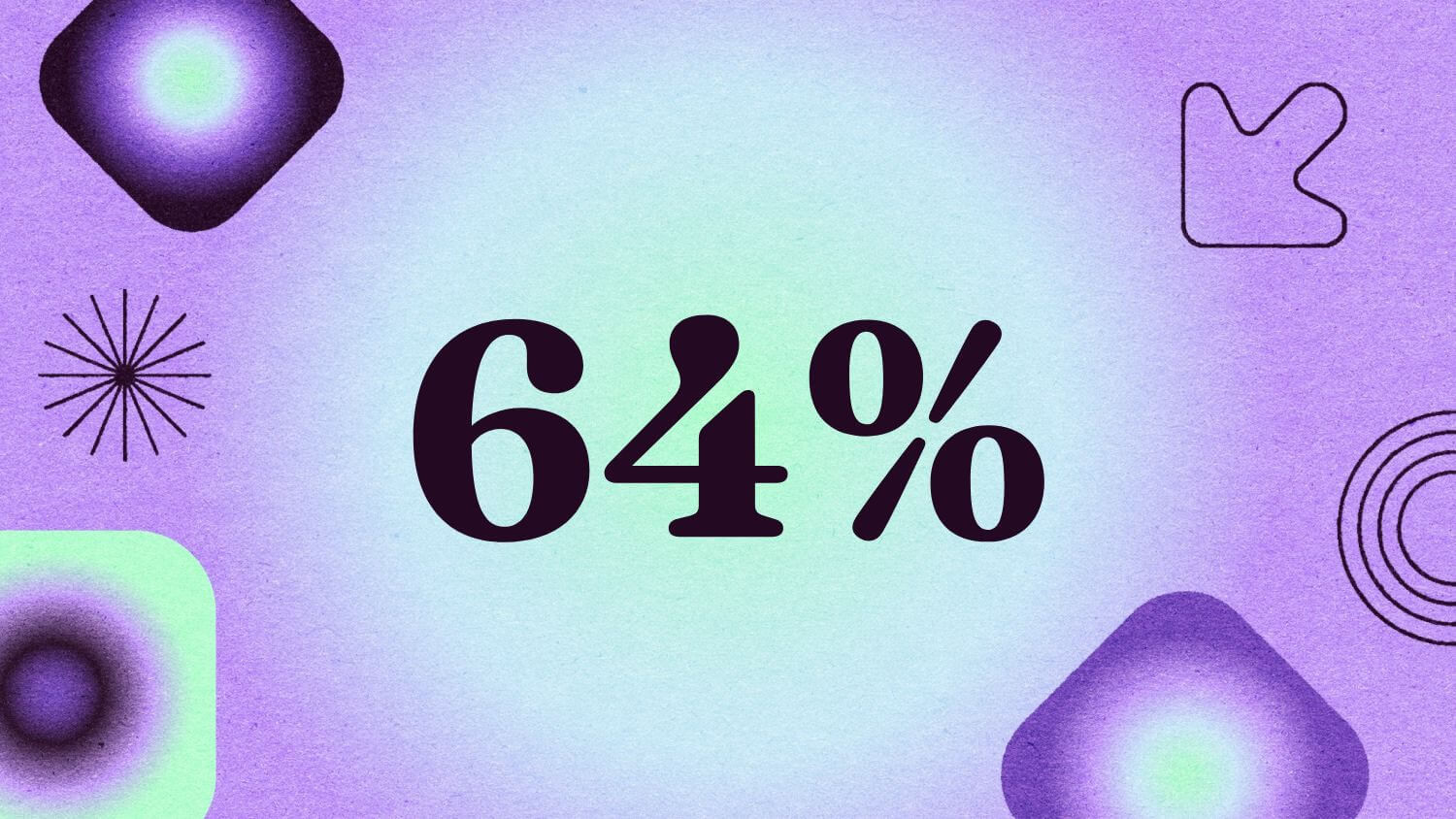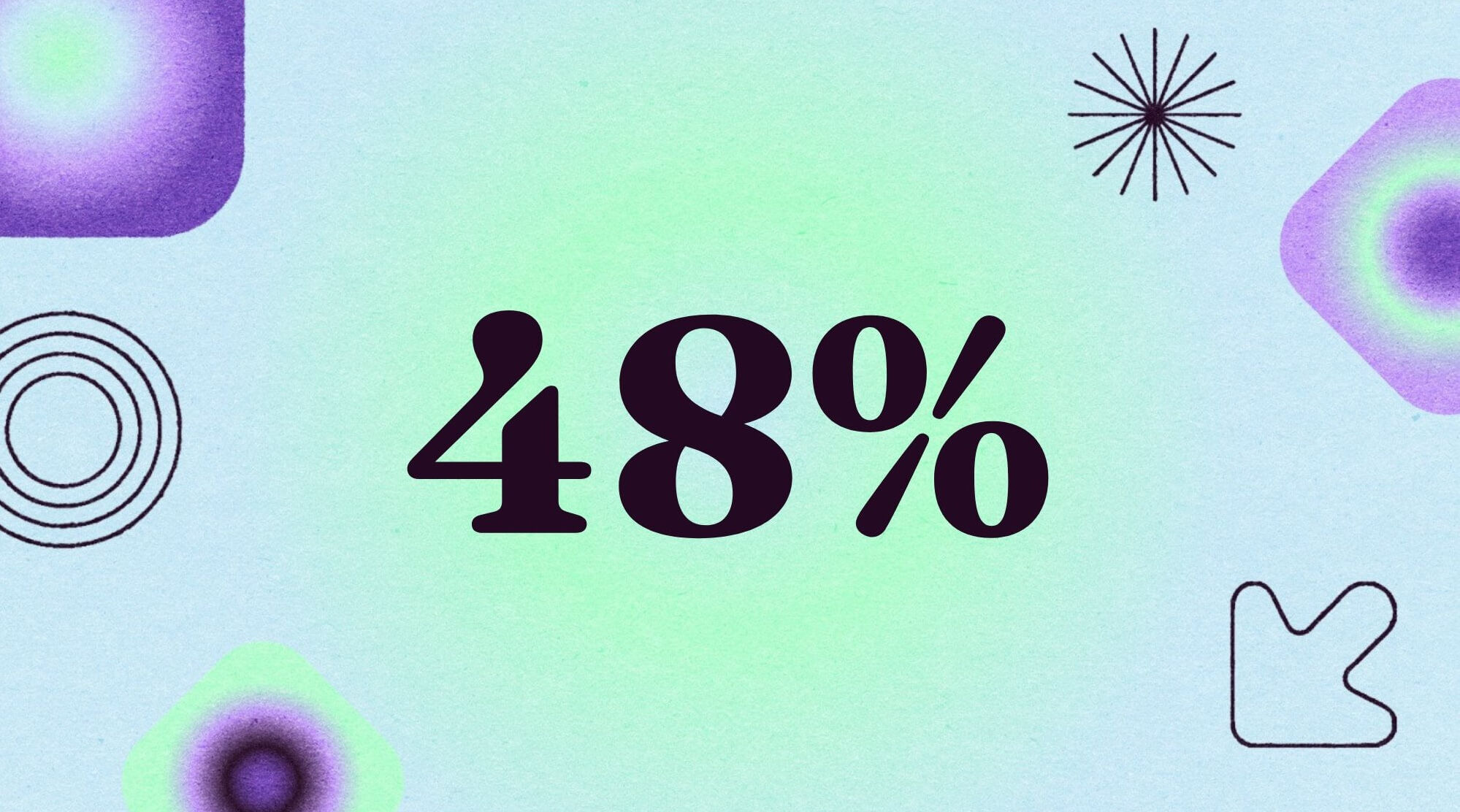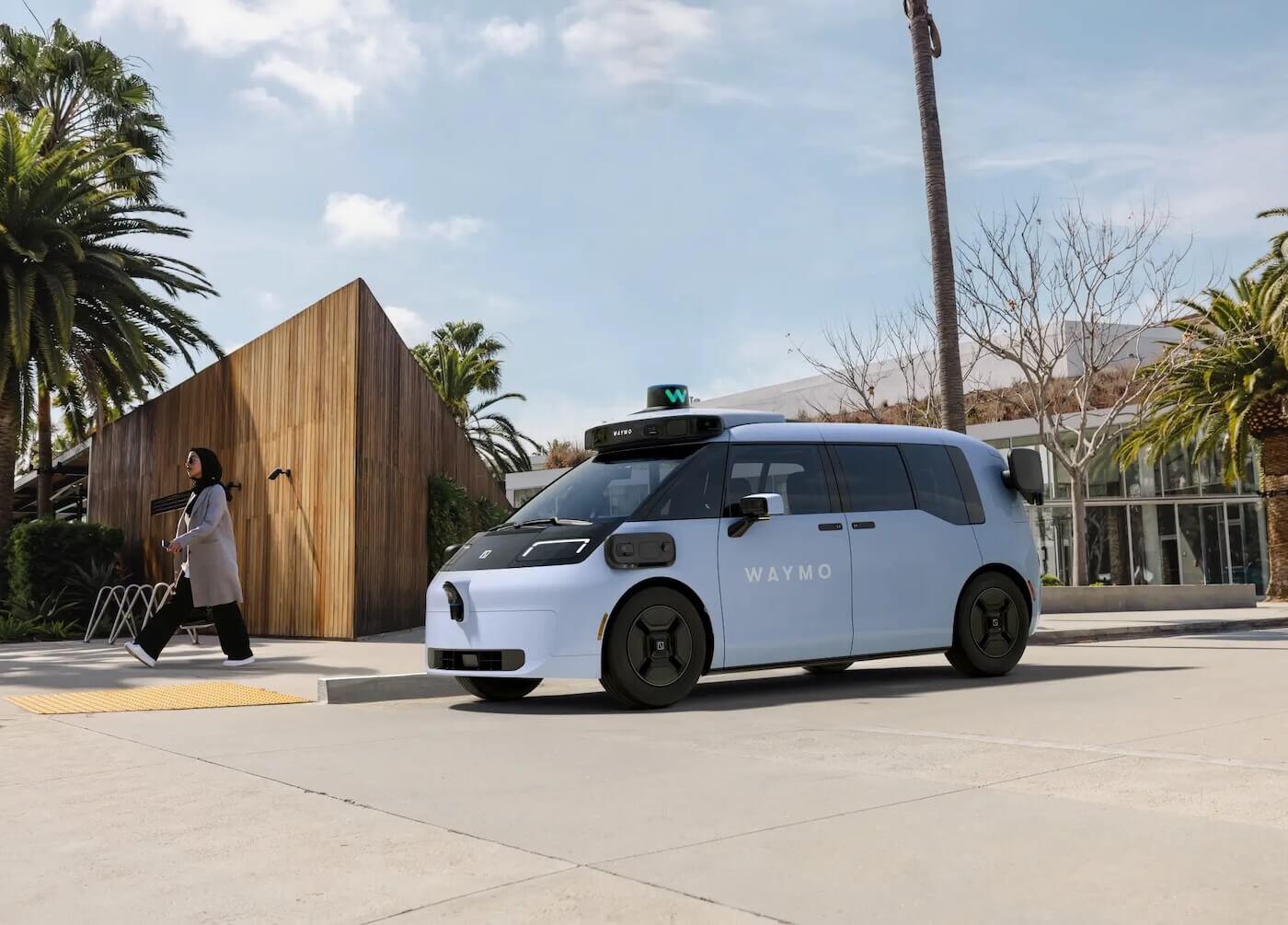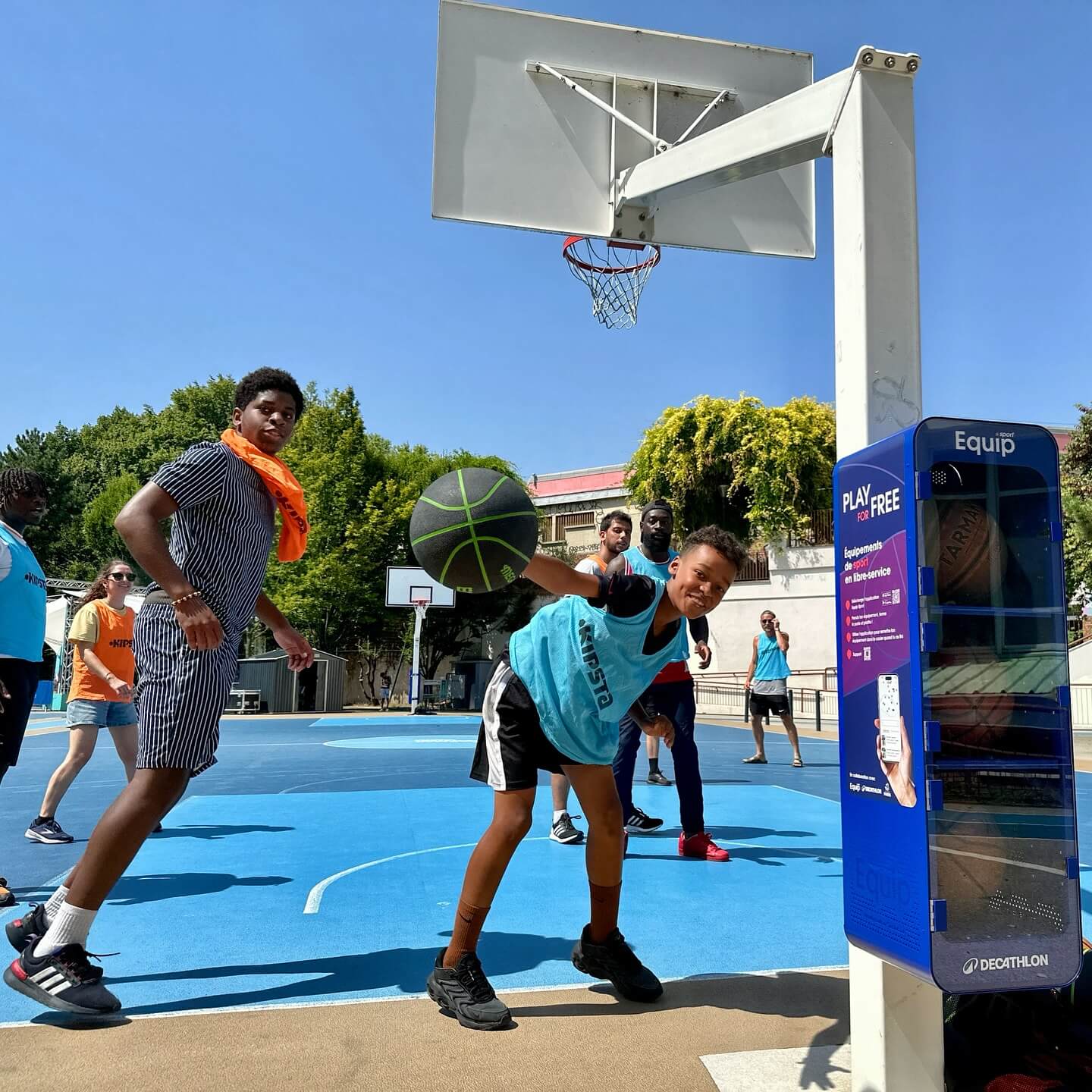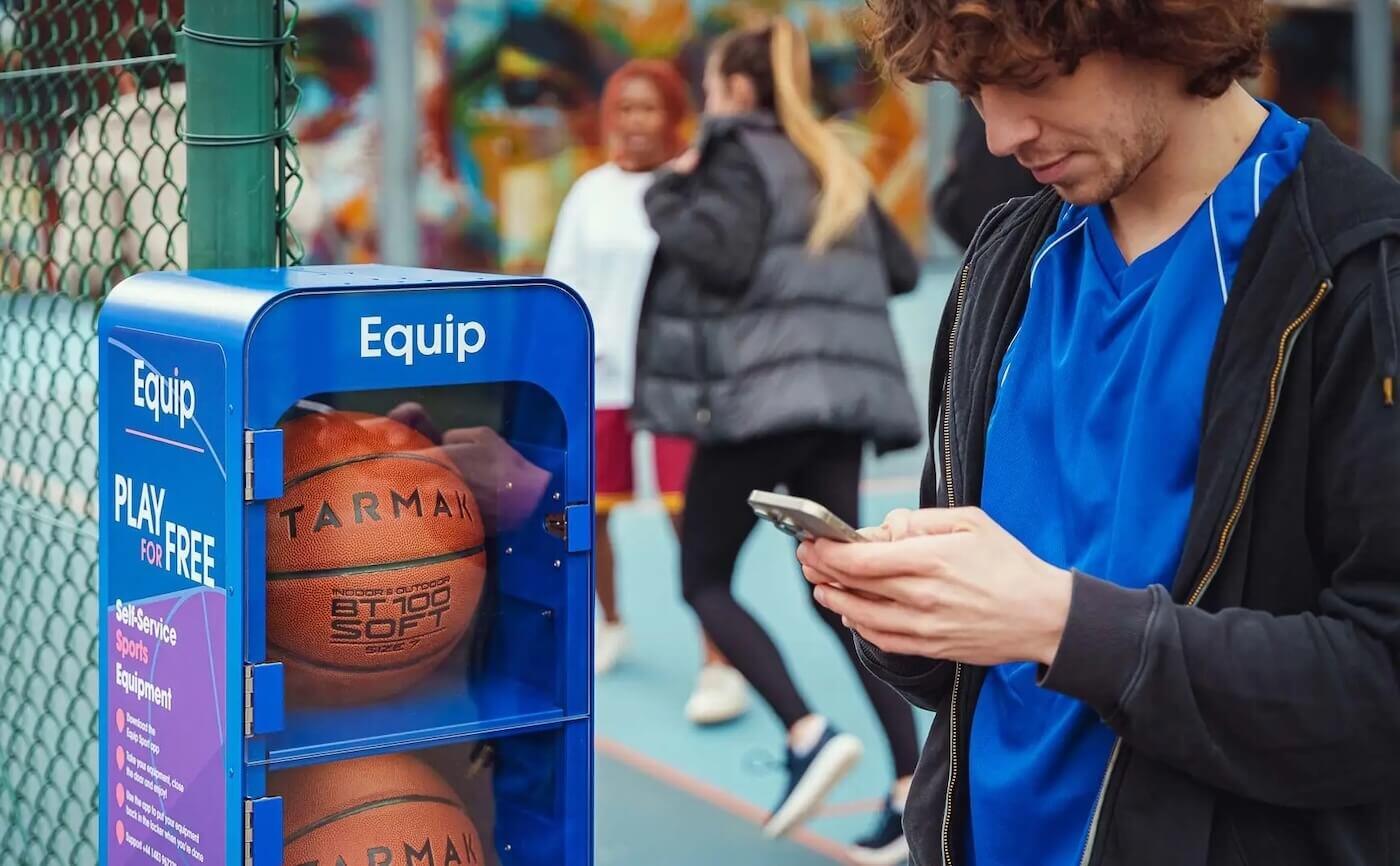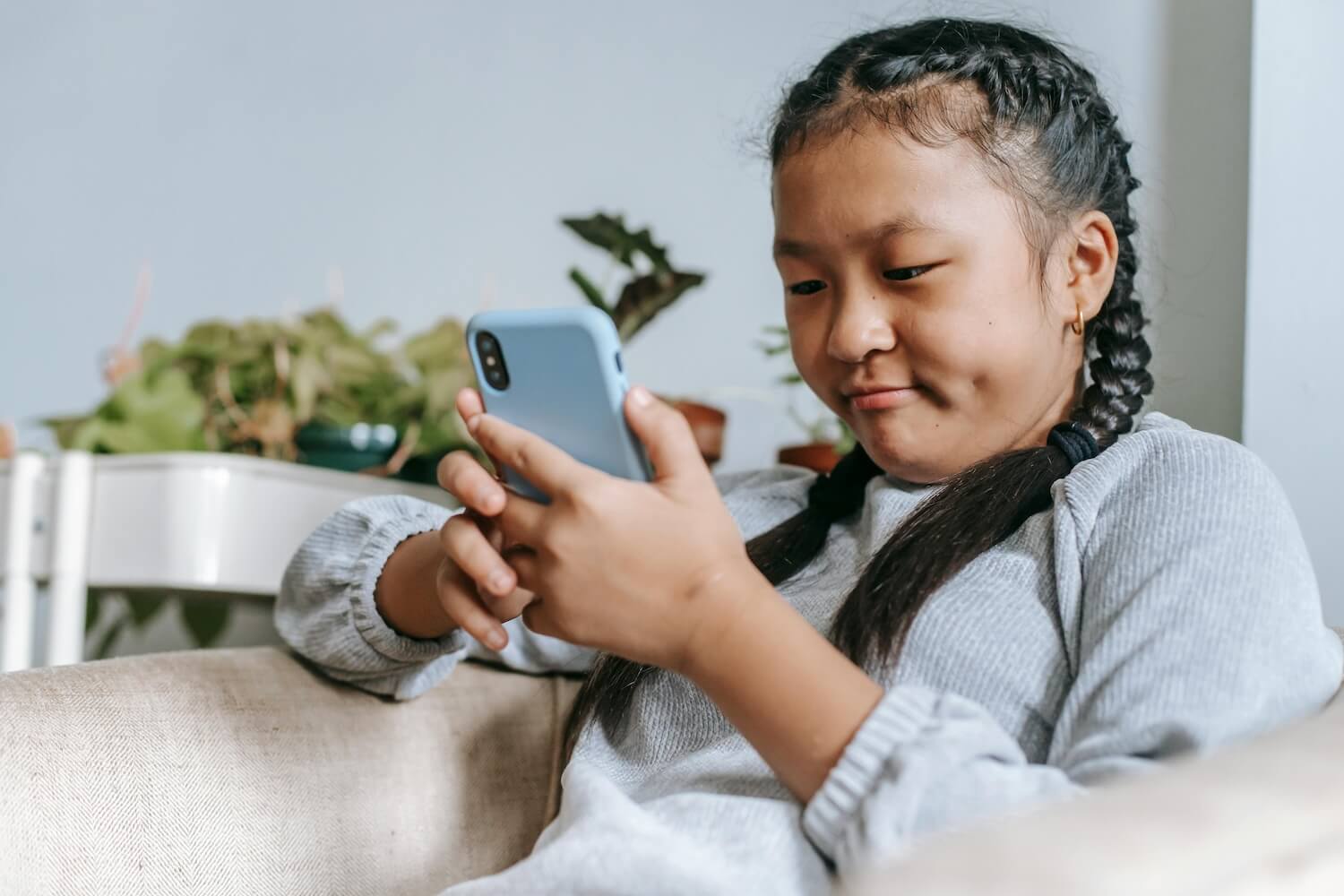Remember when OpenAI’s ChatGPT smashed records by reaching 1 million subscribers in just 5 days? For context, it took Netflix 41 months, Facebook 10 months and Instagram 2.5 months to achieve the same milestone.
⏩ Fast forward two years, and ChatGPT reached another milestone: 200 million weekly active users by August 2024, doubling its user base since November 2023. That’s edging in close on Netflix’s 278 million subscribers!
📈 This surge follows OpenAI’s launch of the more affordable, advanced GPT-4o Mini model.
🏢 Not to mention, 92% of Fortune 500 companies now rely on OpenAI’s tools.
But OpenAI isn’t the only one hitting big numbers. According to Mark Zuckerberg, Meta AI now has 185 million weekly active users. Anthropic’s Claude, meanwhile, reached USD 1 million in mobile revenue in just 16 weeks — though ChatGPT achieved that milestone in 3 weeks.
As ChatGPT and other AI assistants become part of everyday routines — following in the footsteps of binge-watching Netflix and searching Google — the question is: how can you harness the advances of the LLM oligopoly while also tapping into (and backing!) local and purposed innovators who might be more closely aligned with your needs and values?

